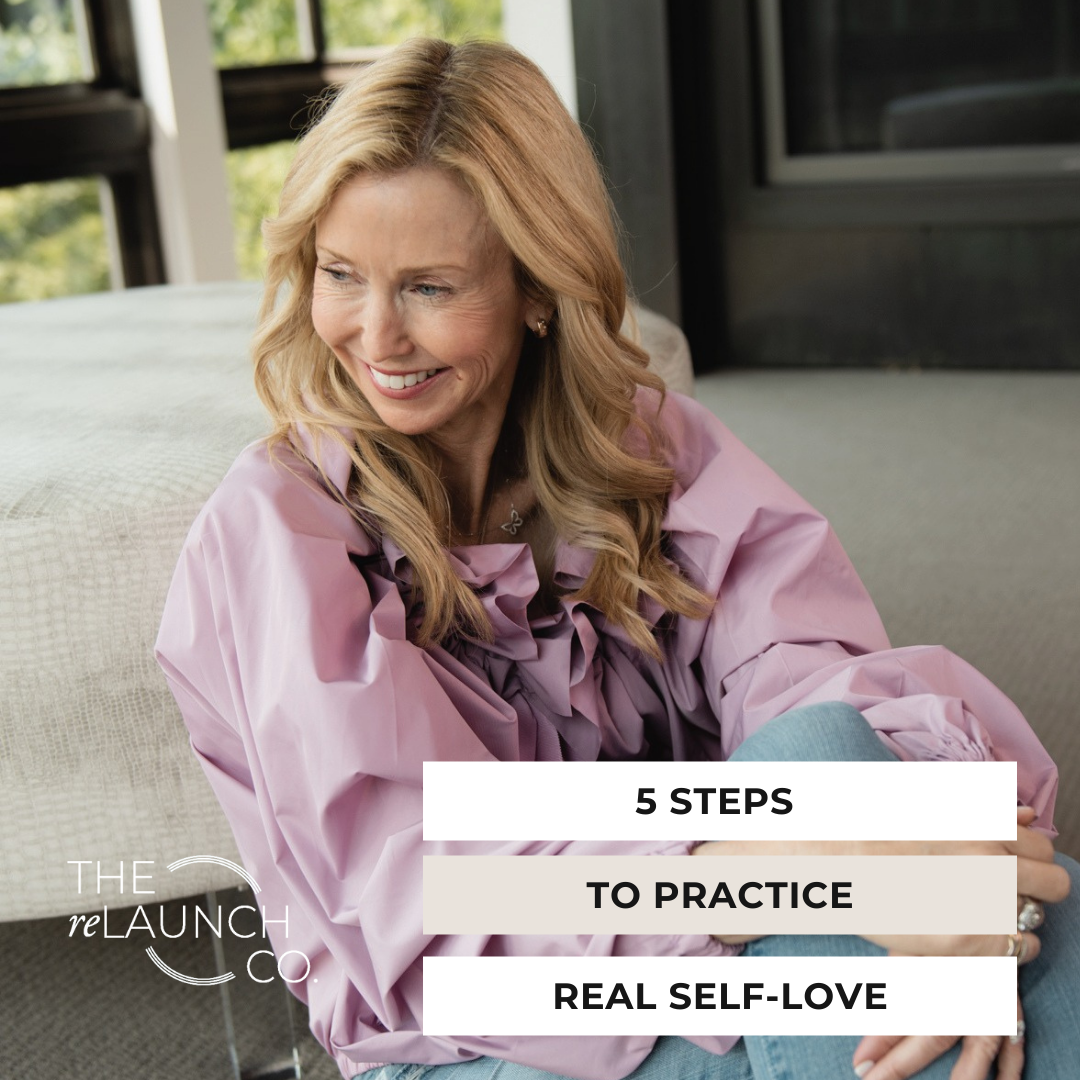
5 Steps to Practice Real Self-Love

Have you heard any of the following phrases lately?
Love who you are
Love what you do
Love yourself
They’re great sentiments, but what if you don’t even like yourself or where you are in life?
Shannon Kaiser is an international life coach, speaker, retreat leader, and bestselling author of 5 books on the psychology of happiness. She empowers people to awaken and align with their true selves so they can live the life they were made for.
Shannon has some key steps to help you practice self-love and mean it.
- Reset the narrative
Here’s a secret: You don’t have to like yourself in order to love yourself.
Think about your loved ones. Chances are that even though you love them, there are some qualities or habits you don’t like about them. The same goes for your relationship with yourself.
However, the common narrative is that you must like everything about you in order to love you. This is just your ego talking. The truth is, loving yourself is simply an umbrella that covers all that you are – both the good and the bad.
When you reset the narrative and allow yourself to be loved, you will take better care of yourself and make better choices.
- Recognize your worth
When you love yourself, you are stating 2 important things:
- I deserve my attention
- I deserve to take care of myself
Today’s culture conditions you to feel guilty about showing up for yourself. Shannon believes this is because when you do, you’re empowered. And when you feel stronger, you’re less apt to conform to the status quo.
Recognize that you do deserve to be heard and cared for. Listen to yourself – both your heart and your body. Let it guide you forward. When you do, you’ll be more apt to be better to yourself and others, and to work to improve the world for all.
- Speak loving truth
The next step is to learn to quiet the negativity in your head. Think about how you talk to yourself. If you’re like most people, you’re your own worst critic.
To practice real self-love, you have to get out of your head and into your heart.
The shame, judgment, and guilt you carry is powerful and can keep you from loving yourself. Examine repetitive thoughts and ask yourself: is this ‘truth’ actually a fact? Your past, including bullies and traumas all the way back to childhood, can easily form your identity if you let it.
Shannon suggests talking to yourself like you would a child. As children grow, they learn what is and isn’t appropriate through loving correction. They are reminded that they are still learning and encouraged to do the best they can as they grow.
Put aside your emotional baggage and tell yourself that you, too, are still learning as you go and doing the best that you can.
- Explore your beliefs
To practice real self-love, you need to explore and redefine what it is you believe. To start, ask yourself: Do my core beliefs belong to me or are they actually someone else’s?
It’s possible that you are structuring your life around certain beliefs that came from your past. They could be from a family member, teacher, or mentor. Or they could stem from an experience.
Next, sort your beliefs into two categories:
Limiting beliefs – These are destructive beliefs based on fear. They often result from past experience and may not even be your own.
Expanded beliefs – These are constructive beliefs that empower and encourage.
Once you label them, it’s time to turn your limiting beliefs around. Be willing to see yourself in new ways and in a new light.
- Claim your place
Most people spend their lives trying to fit into the world around them. Everyone wants to feel like they belong – it’s just how humans are wired.
But part of that wiring can be unhealthy. When your ego is in charge, fear often follows. You’ll try harder to fit in and set aside who you truly are.
Here’s one last secret: Your true self knows you already fit in the world.
Tap into your true self – using your head and your heart – and claim your place. After all, you are an active participator in your life. Be who you are and show up for all that’s to come.


Leave a Reply